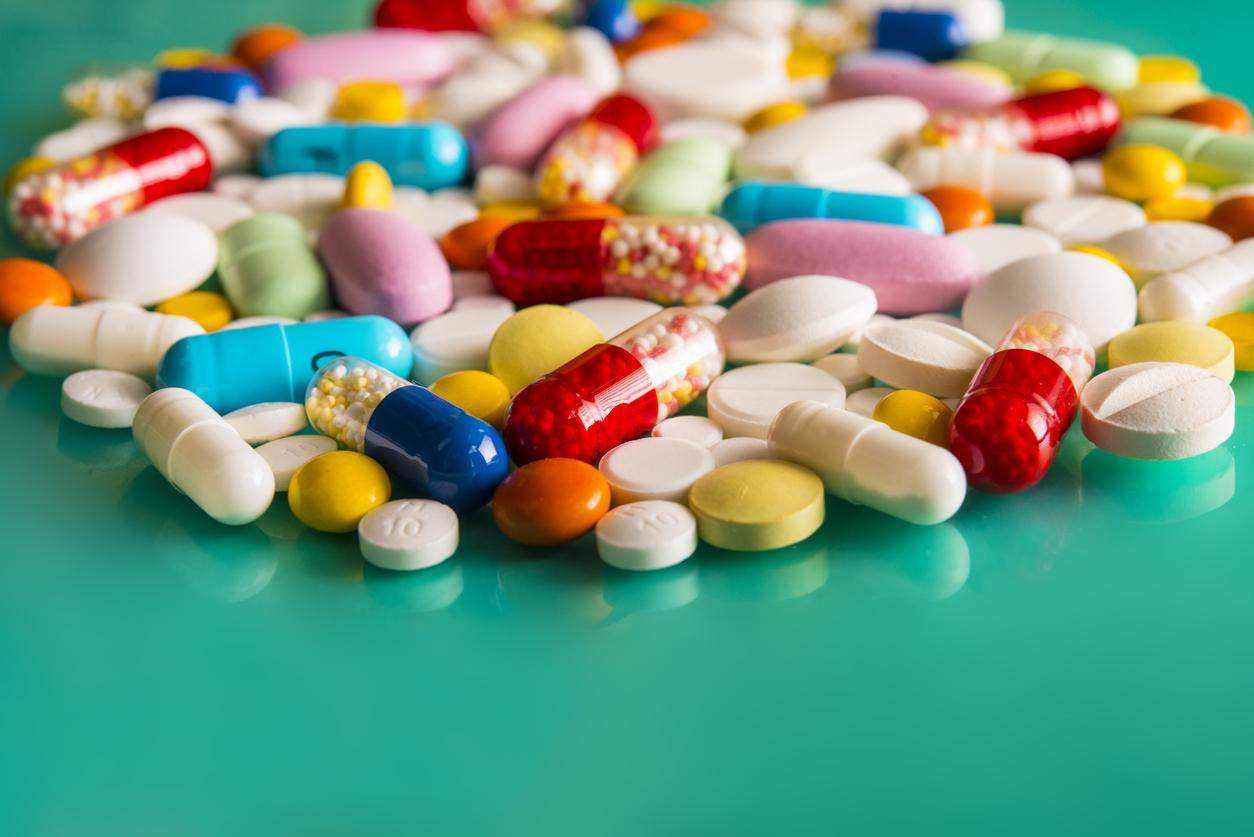
A vitamin D deficiency represents a risk factor, added to contamination of Covid-19. This deficiency would cause serious complications. Many additional factors such as obesity, cancer, cardiovascular disease or diabetes can also be involved.
Vitamin D deficiency is a risk factor
An Italian study shows that a vitamin D deficiency is an aggravating factor in the face of Covid-19 and increases the risk of dying from the disease. 81% of infected patients with acute respiratory syndrome had lower than normal vitamin D blood levels (<30 ng / mL or 75 nmol / L). 24% of them had a severe deficiency (<10 ng / mL or 25 nmol / L). This therefore has a major impact on the prognosis of patients. In the case of severe deficiency, the mortality rate is 50% within 10 days of hospitalization. Conversely, patients with a vitamin D level higher than 10ng / mL have a mortality rate of 5%. According to this study, it is therefore strongly recommended to have vitamin D supplementation, especially in people at risk of developing the disease.
Vitamin D, an essential component for health
In addition to protecting the bones, vitamin D has an anti-inflammatory action and helps strengthen the immune system. In summer, we are naturally supplied with vitamin D from the sun. Exposure to the sun for 10 minutes is enough for the body to produce this vitamin and thus allows us to meet our needs. In winter, it becomes more difficult to have vitamin D intake, because of low sunshine. Deficiencies appear in the majority of the population. Fortunately, this vitamin is found in our diet. It is present in fatty fish such as salmon, sardines, mackerel, herring, anchovies or even tuna. It is also found in eggs, butter, milk, dark chocolate, soy drinks, and mushrooms. You will also find capsules containing 1000 IU of vitamin D in pharmacies.
To read also: Vitamin D: how not to miss any more?

















